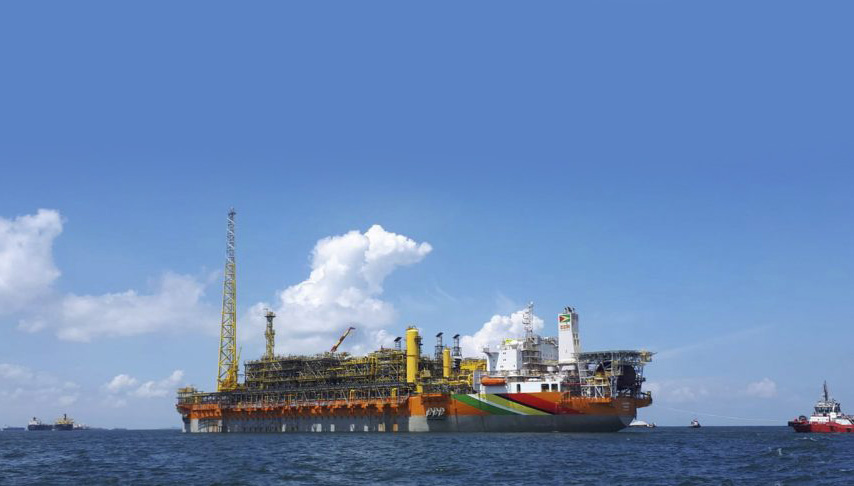New oil-producing countries such as Guyana face the daunting challenge of transforming expected revenue windfalls into sustainable and inclusive economic development, notes the Inter-American Development Bank in a recent paper.
Record discoveries and growing hydrocarbon reserves bring high prospects for economic development and social transformation, the Bank said, but success in these areas requires getting several key aspects of resource and institutional development right.
Chief among these is transparency, particularly in the institutions tasked with managing the revenues and crafting policy for the hydrocarbon sector.
“We have made it clear that we want to move away from the Department of Energy to a Petroleum commission that is more technically oriented and where they get policy guidance from the government,” said Bharrat Jagdeo, Guyana’s Vice President. “But you can’t divorce the policymakers totally because often at the technical level you have sometimes malaise and you have to push them in the right direction too.”
While many countries around the world have used hydrocarbon resources to realize energy independence and strong economic and social outcomes, the IDB points out that for every success story, there are sobering lessons that serve as guides for new producers, such as Guyana, to heed key principles of petroleum sector governance, policy formulation, and social accountability.
Mr. Jagdeo, cognizant of these realities, said the new administration intends to place significant emphasis on the independence of key institutions that govern the oil and gas sector.
“We want a Petroleum Commission made up of technical people with an independent board to manage the oil and gas sector. We made it clear that we want a Sovereign Wealth Fund that operates at arms-length from the Executive, that is the only model that will work in the long run,” he said.
The paradigm shift in the economic fortunes of Guyana from the discovery of high-grade hydrocarbons in 2015 has created a new economic reality, the IDB said.
The International Monetary Fund has cut its growth projection in half for the South American country to 26% for 2020 – still the fastest in the world – and forecasts 8% growth in 2021 and 29% in 2022.
Depending on the price of oil, Rystad Energy said Guyana can rake in anywhere between $96 billion and $310 billion dollars from development of hydrocarbon resources discovered so far, which according to recent estimates, are approaching 9 billion barrels of oil equivalent.
“We made it clear that we want to pass laws criminalising the non-disclosure of any information, financial information from the oil, receipts from oil companies,” the Vice President said. “The Minister of Finance will go to jail for ten years if he doesn’t disclose.”



